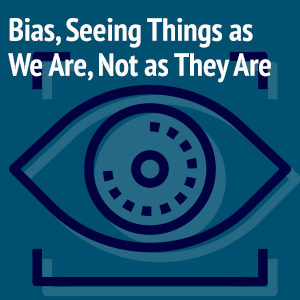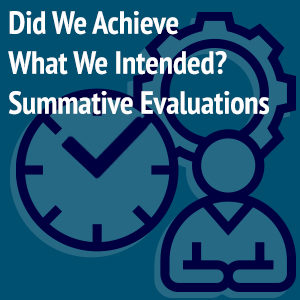
It’s sometimes difficult to tell the truth, especially in arenas like the workplace, where inequalities of power and authority make it difficult to “speak truth to power.” In a recent Harvard Business Review article, “4 Ways Lying Becomes the Norm at a Company” (February 15, 2019) Ron Carucci discusses the results of a substantial, 15 year longitudinal study that examined the systemic (vs. personal) incentives for dishonesty. Carucci says there are a range of incentives, or prompts, for employees to be less than honest at work. Among these:
- Inconsistency: An inconsistency between an organization’s stated mission, objectives, and values, and the way it is actually experienced by employees and the marketplace. As one interviewee put it, “Our priorities change by the week. Nobody wants to admit we’re in trouble, so we’re grasping at straws. We don’t know who we are anymore, so we’re just making things up.”
- Unjust accountability systems, especially when an organization’s processes for measuring employee contributions is perceived as unfair or unjust. Research shows that people are nearly 4 times more likely to withhold or distort information when the system is perceived to be unfair or rigged.
- Poor organizational governance; for example there is no effective process to gather decision makers into honest conversations about tough issues. Truth is forced underground, leaving the organization to rely on rumors and gossip.
- Inter-group rivalry, conflict, and competition (what Carlucci terms “weak cross-functional collaboration.”) is a predictor of people withholding information or distorting truthful information. Additionally, Carlucci observes that isolation, fragmentation, and departmental/divisional loyalties often result in dishonesty or a damaging lack of candor.
Because these factors are cumulative, an organization afflicted with all four of these factors is 15 times more likely to end up in an “integrity catastrophe” than those who have none of these four integrity/honesty problems. Carlucci argues however, that these organizational problems are alterable and that a culture of honesty can be achieved by companies and organizations that challenge these issues.
Resources:
“4 Ways Lying Becomes the Norm at a Company,” Ron Carucci, Harvard Business ReviewFebruary 15, 2019


